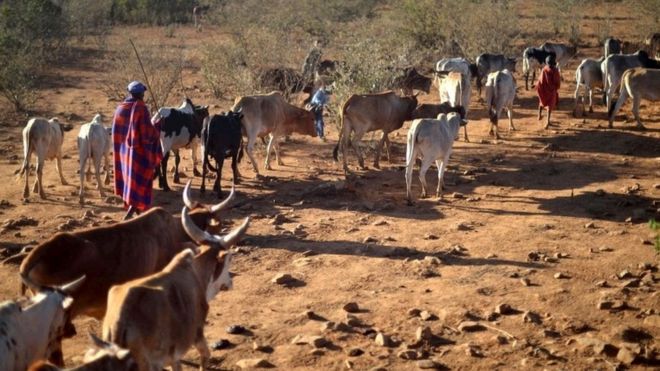by Yesim Usluca
Impunity Watch Reporter, Middle East
BAGHDAD, Iraq — Human Rights Watch issued a statement on Monday, February 20th, reporting that Islamic State (ISIS) militants are “arbitrarily detaining, ill-treating, torturing, and forcibly marrying Sunni Arab women and girls[.]” The allegation states that ISIS fighters are carrying out such abuses in Iraq, within regions that are still in their control.

The report released by Human Rights Watch (“HRW”) was prepared based on interviews with six women in Kirkuk. Four of these women stated that in 2016, they had been detained by ISIS for a period of three days up to one month. Another indicated that her cousin, who is an ISIS fighter, had raped her after forcing her to marry him. One woman stated that ISIS fighters had attempted to forcibly marry her after burning down her house in response to her husband’s escape from ISIS. Of the six interviewed women, five indicated that ISIS militants had beat them.
One woman indicated that ISIS captured her and her three children, along with fifty other women, when they attempted to escape Hawija. She was branded a traitor by ISIS after her husband had escaped the town, and was told that she should marry the local ISIS leader. Upon her refusal, ISIS fighters “blindfolded [her], beat[] [her] with plastic cables, suspended [her] by her arms, and raped [her].” She, and the other women, were held by ISIS in an abandoned house for over one month, while being blindfolded and raped her in front of her children on a daily basis. She noted that the other women were most likely raped in the same manner, and forced to marry their rapists.
HRW’s Deputy Middle East Director, Ms. Lama Faikh, stated that the sexual abuse endured by Sunni Arab women living under ISIS’s control is widely undocumented and unknown. She urged the international community and local Iraqi authorities to take action to ensure that victims receive much needed support.
A foreign aid worker indicated seeing many cases of forced marriage and rape. She noted, however, that most victims do not report the abuse because women tend to cover it up due to fear of societal stigma or retribution. She highlighted the concern that “babies born of rape or forced marriage may also face stigma[,]” while stating that “long-term psychological support and medical treatment” are particularly noteworthy.
HRW indicated that efforts to overcome the stigma associated with sexual violence are present, yet insufficient. The rights group highlighted the “lack of awareness” with regards to services, psychosocial or mental health support, and medical professionals in Kirkuk. A psychiatrist at an international organization in Iraq’s Kurdistan region stated that men are not being adequately informed on how to support women who are victims of gender-based violence. She indicated that male relatives will typically “forbid women” from obtaining counseling.
For more information, please see:
Human Rights Watch—Iraq: Sunni Women Tell of ISIS Detention, Torture—20 February 2017
Middle East Online—HRW says IS jihadists raping, torturing Sunni Arab women too—20 February 2017
Middle East Monitor—HRW: Daesh rapes and tortures Sunni Arab women—21 February 2017


